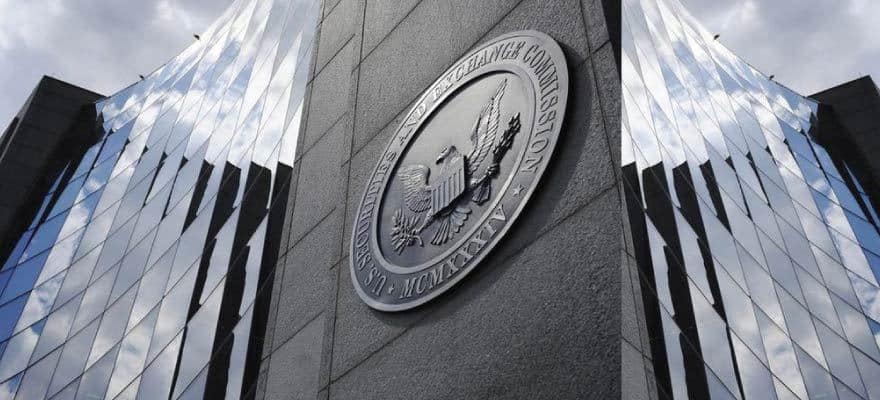
Federal Court Strikes Down SEC’s Broker-Dealer Rule, Marking Major Victory for Crypto Industry
In a significant victory for the cryptocurrency industry, a federal court in Texas has invalidated the Securities and Exchange Commission’s (SEC) controversial broker-dealer rule. The decision, handed down by Judge Reed O’Connor of the U.S. District Court for the Northern District of Texas, deemed the rule an overreach of the SEC’s statutory authority. This ruling comes as SEC Chair Gary Gensler announces his resignation, effective January 20, 2025, coinciding with the inauguration of President-elect Donald Trump.
The broker-dealer rule, finalized in February 2024, expanded the definition of a “broker” to include decentralized finance (DeFi) platforms and other crypto entities. This broad interpretation would have imposed stringent regulatory requirements on many crypto projects, particularly those without centralized control, making compliance virtually impossible. Industry critics argued that the rule was not only an overreach but also stifled innovation in the rapidly evolving crypto sector.
Judge O’Connor’s ruling stated that the SEC’s definition of a “dealer” was “untethered from the text, history, and structure of the Exchange Act.” This decision aligns with the arguments presented by industry groups, including the Blockchain Association and the Crypto Freedom Alliance of Texas, which sued the SEC over the rule change. These groups contended that the rule conflicted with longstanding securities laws and was detrimental to the growth of decentralized financial systems.
The ruling comes at a pivotal moment, as Gensler prepares to step down and Trump, who has promised a more crypto-friendly administration, takes office. Trump has indicated his intention to replace Gensler with appointees who are more supportive of the crypto industry. This shift in leadership could significantly alter the regulatory landscape for digital assets, potentially fostering a more favorable environment for innovation and growth.
While the SEC has the option to appeal the decision, the ruling represents a substantial setback for the agency’s current approach to crypto regulation. The future of crypto regulation remains uncertain, but the industry’s recent legal victories, including this ruling and the exclusion of crypto wallets from the Consumer Financial Protection Bureau’s (CFPB) oversight, suggest a turning tide in favor of more accommodating policies.





